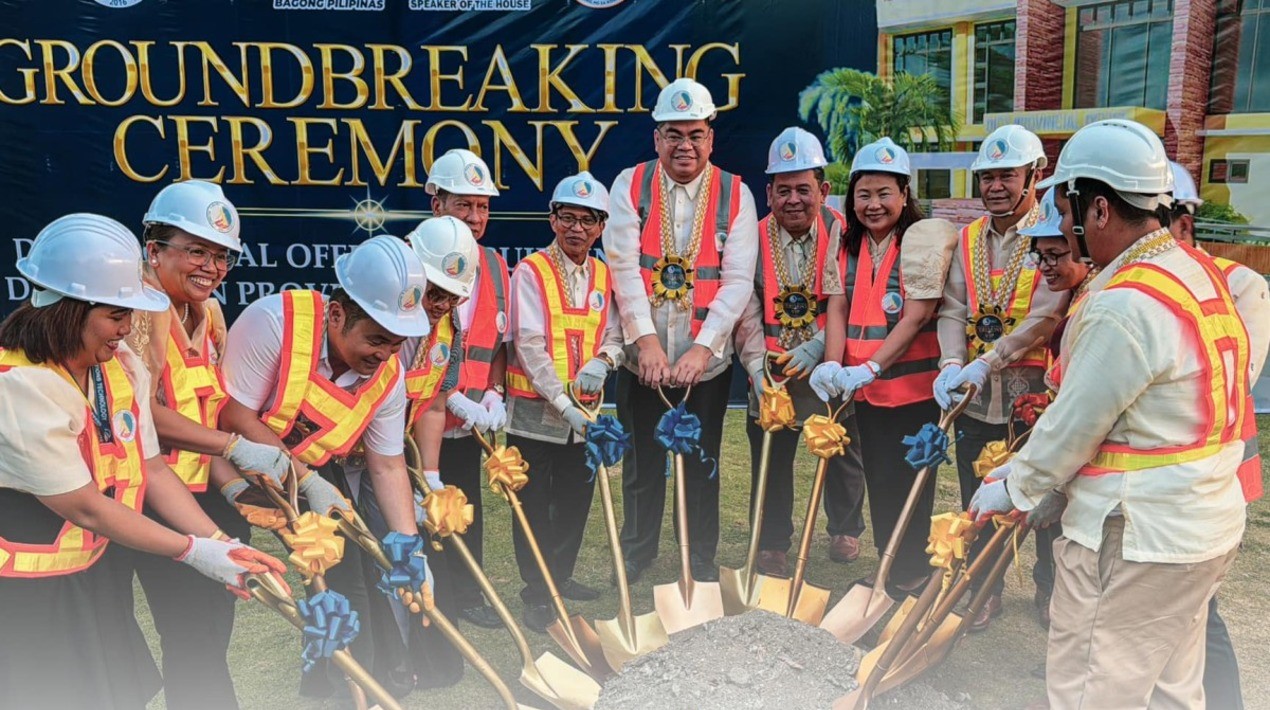
A joint venture agreement was recently signed in order to deliver the next generation smart water and waste water facilities for New Clark City.
According to a recent report, the Philippines’ Bases Conversion and Development Authority signed with the consortium of Prime Water Infrastructure Corporation, Prime Assets Ventures, Inc., (PAVI), MGS Construction, Inc., and Israel’s TAHAL Group, a global provider of sustainable infrastructure, for the project.
The Asian Development Bank (ADB) acted as transaction advisor to BCDA on the project.
According to BCDA President and CEO, it is by offering state-of-the-art water and wastewater services at competitive rates that they are able to stay true to their promise for New Clark City to become the country’s most’ attractive destination for residences and business.
The Banks is pleased to deliver a successful outcome for the government-owned and controlled corporation and support the development of the greenest and smartest city in the Philippines.
The joint venture agreement establishes an innovative framework that equitably balances risks and returns.
Moreover, it offers one of the lowest tariffs across the country while ensuring the availability of next generation smart water and wastewater services.
It was on 12 November 2018 when the consortium submitted a bid of US$ 0.18 (PHP 9.45) per cubic metre to win the tender. The proposed per cubic metre rate shall apply for the water supply only.
The same amount will be charged for wastewater services, resulting in a total tariff of US$ 0.36 (PHP 18.90) per cubic metre for both services over the first five years of the 30-year joint venture period.
The winning bid for New Clark City is viewed as highly competitive as compared against rates for cities in the Philippines and other parts of Southeast Asia as well as globally.
It is expected to attract leading businesses and investors to the city.
The New Clark City, which is located within the Clark Special Economic Zone, is envisioned to become the country’s first smart, green, and sustainable metropolis.
Covering 60 hectares, Phase 1A involves the construction of the National Government Administrative Centre.
This will also include a world-class sports complex that will be used when the Philippines hosts the Southeast Asian Games in 2019.
Since June 2017, the international bank has been providing advisory services to the company.
Multiple sectors within the New Clark City such as water, power, gas distribution, and IT infrastructure are included in the services.
Furthermore, the advisory services of the Bank are, in turn, supported by the Urban Climate Change Resilience Trust Fund.
It is a multi-donor fund aimed at reducing risks to the urban poor from climate change and natural disasters, through strategic planning of resilient infrastructure.
As reported earlier, the Philippines and Japan have partnered for the development of New Clark City. A recent Philippine-Japan Seminar aimed at encouraging new Philippine and Japanese business partnerships and introducing smart city solutions in developing the smart city.





















